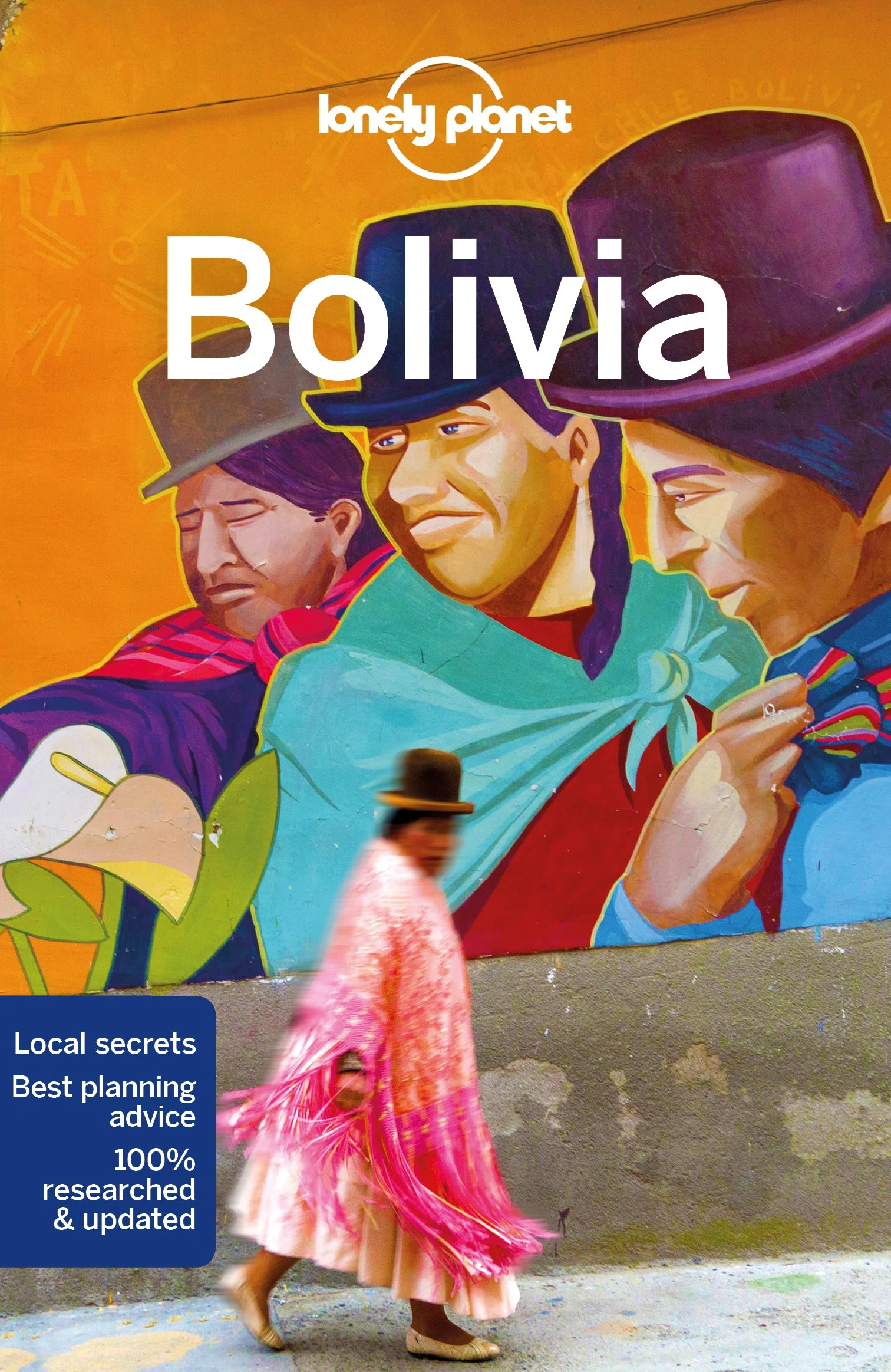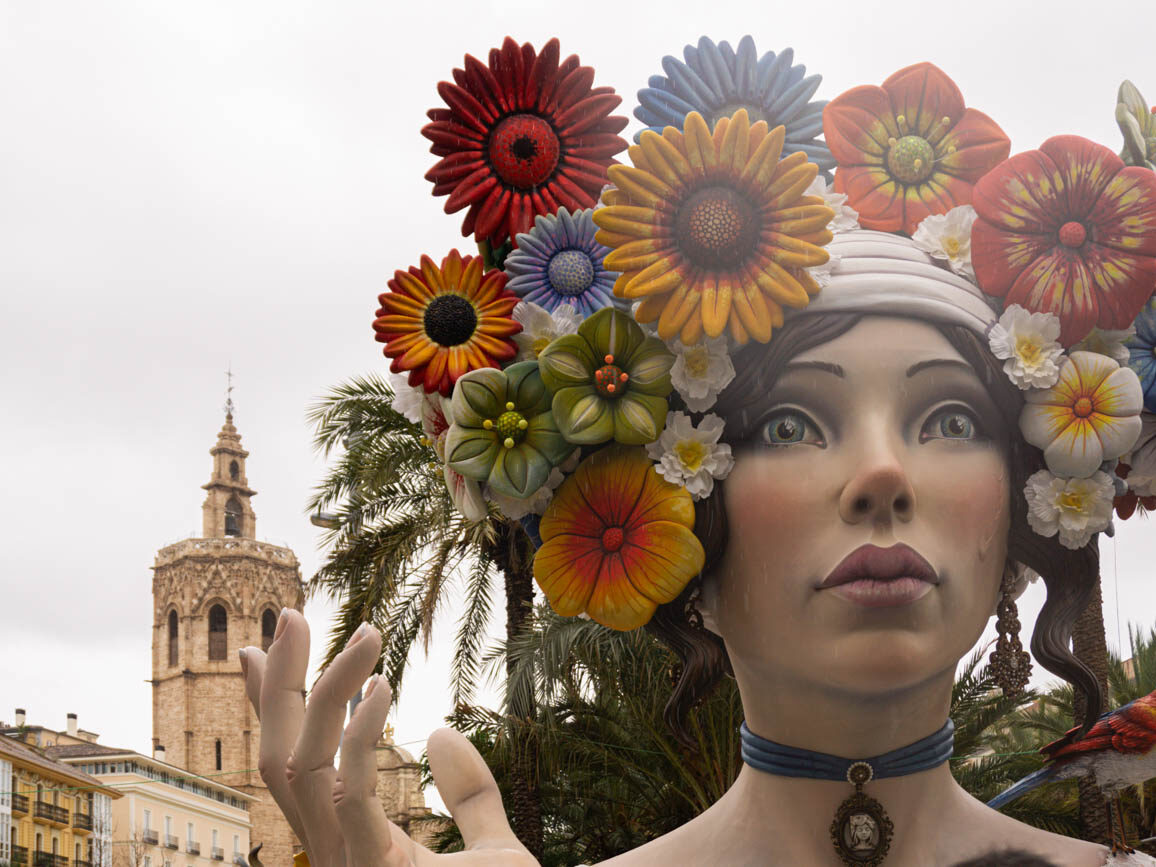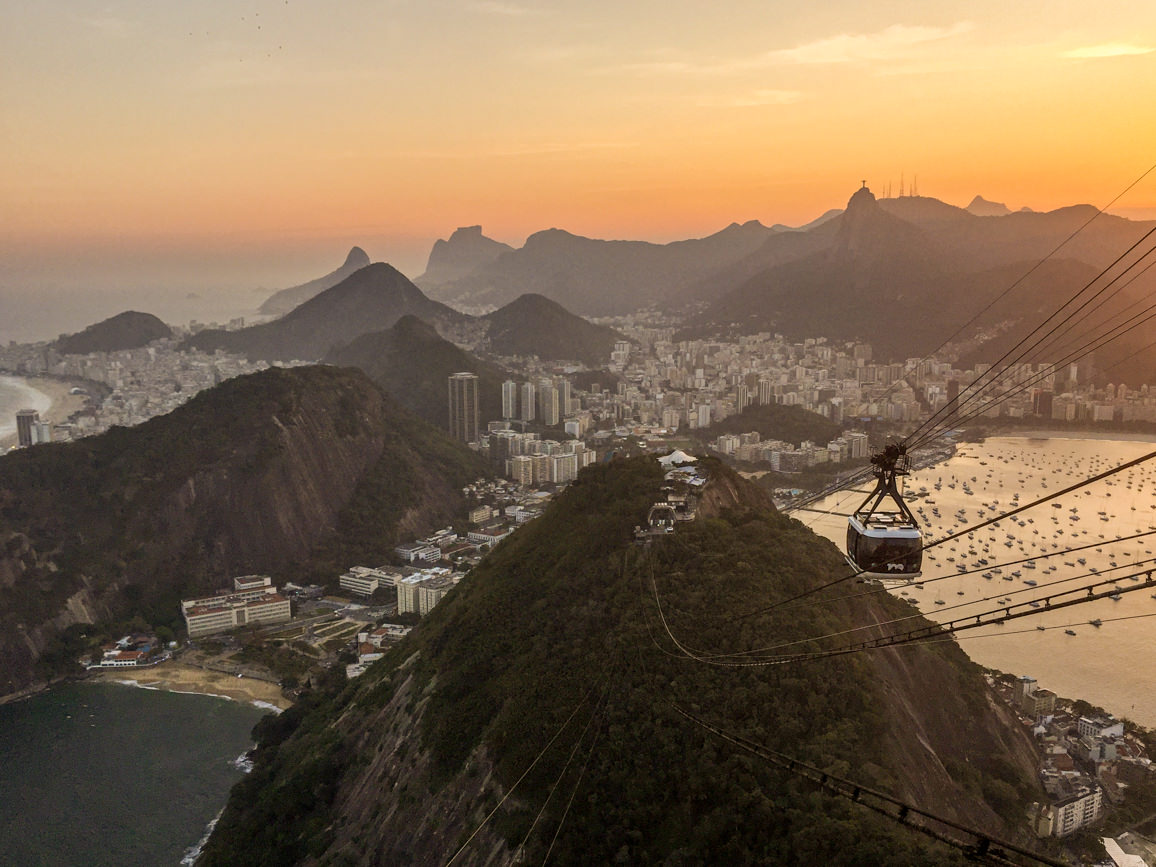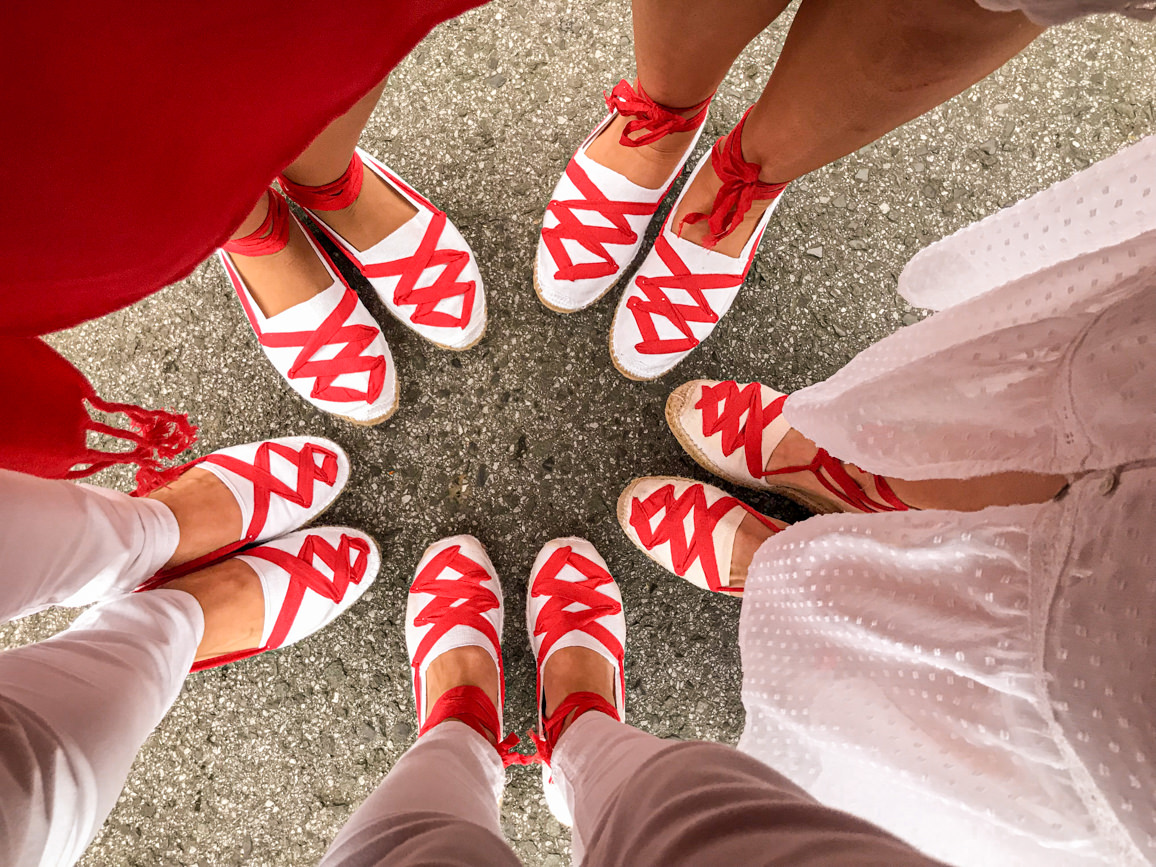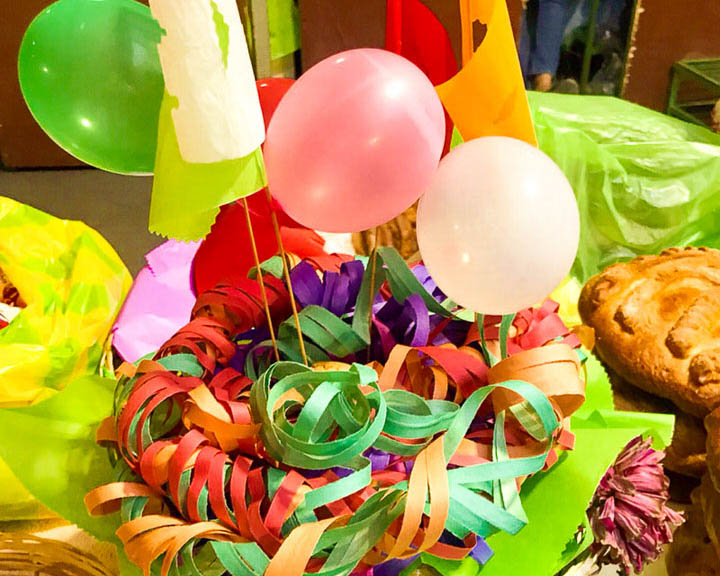
When speaking of Carnival, Brazil comes to our mind instantly. But what about Bolivia? How is it celebrated here? Let me take you to the colorful Carnival of Tarija!
***
Disclaimer: please note that this post includes some affiliate links. This means that, at no additional cost for you, I earn a commission if you make a purchase. In case you have any question about the companies advertised here or my status as an affiliate, please do not hesitate to contact me.
***
Throughout the trip, I used this Bolivia travel guidebook by Lonely Planet to plan our stay and make the most out of it. I hope you’ll find it helpful too!
In Bolivia, the most famous Carnival takes place in Oruro. However, the one in Tarija -also known as ‘Carnaval chapaco‘- is unique because of its folk traditions, music and dances.
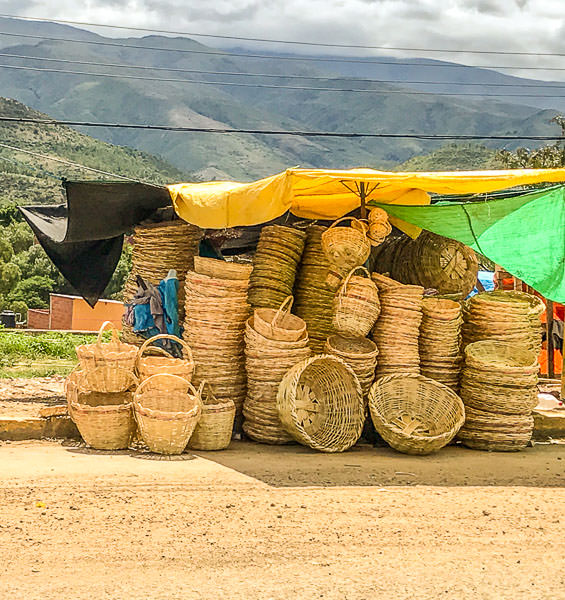
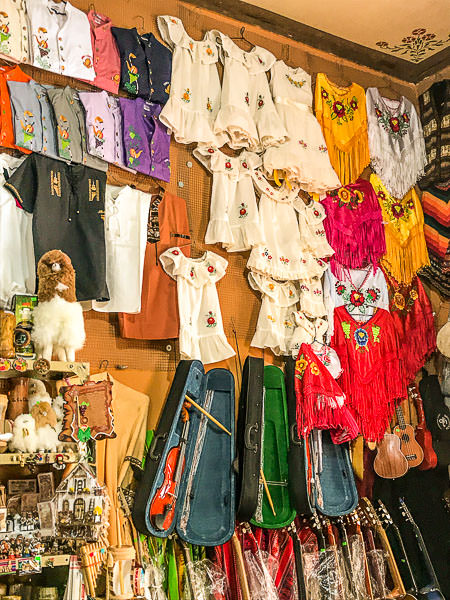
Cabalgata
At the beginning of February, a ‘cabalgata‘ (horseback riding) announces the upcoming Carnaval Chapaco.
Reinas del Carnaval
During the following days, ‘Carnival Queens’ (called ‘reinas‘) are elected through various contests, including one for the rural area. The Queens will then participate in most Carnival-related events by representing the uniqueness of the folklore from Tarija .
Jueves de Compadres
Two Thursdays before Carnival, Tarija celebrates ‘Jueves de Compadres‘ (Thursday of Compadres). On this day, men of all ages gather in the main square to have a good time and offer a ‘canasta’ (basket) to their best friend, also known as ‘compadre’. The colorful basket typically includes flowers, fruits, small cakes featuring a ‘torta‘ (cake) and a squash.
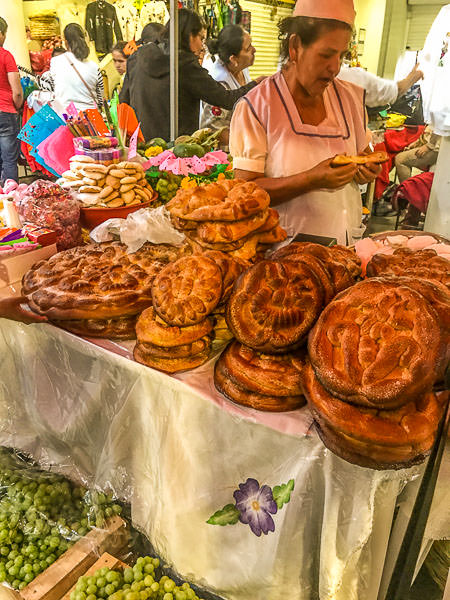
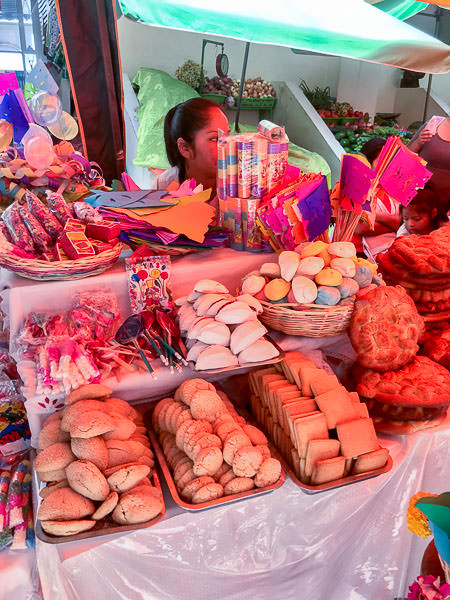
Jueves de Comadres
The following Thursday is ladies’ turn. Women gather in Tarija ‘s main square to pay a special tribute to friendship by giving each other baskets decorated with bread, flowers, fruits, vegetables like cucumbers and small cakes. Remember that if you received the gift, it has to be returned to that comadre in the future.
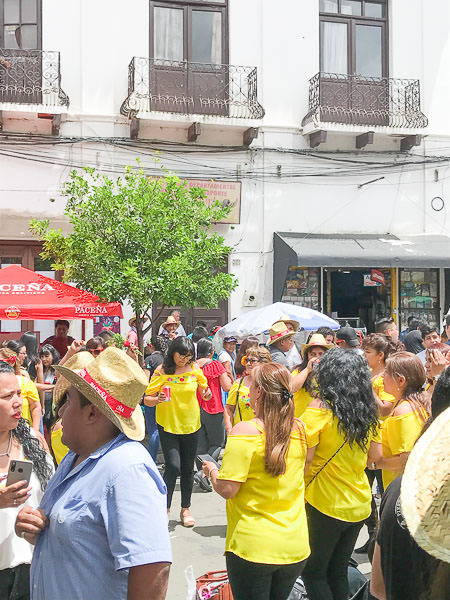
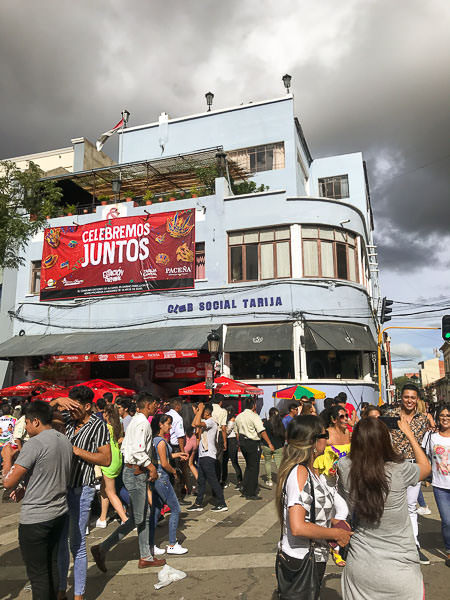
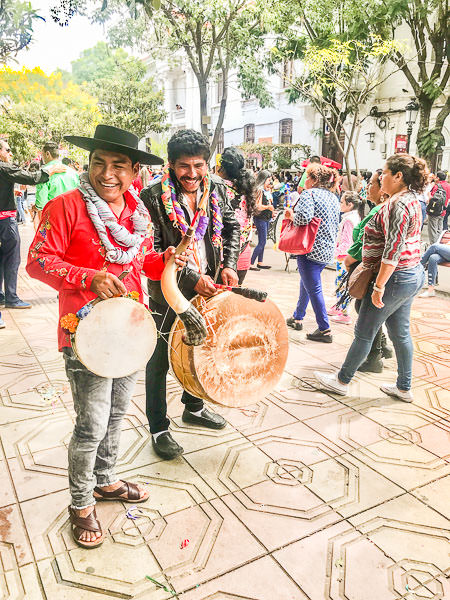
Lunes de Barras
Next Monday is known as ‘Lunes de Mojazón y Alegría Carnavalera‘ (Water Games Monday). Again, people of all ages gather in the main square in order to get wet this time around. Water balloons figure prominently during the Carnival festivities in Tarija (thank God it coincides with summer) and this day is no exception. In addition to balloons, locals will throw water buckets and foam at each other. Further, a tanker truck with hoses usually cools people in the square.
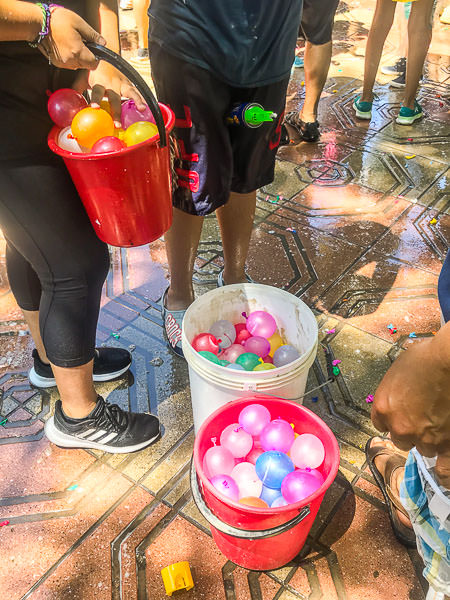
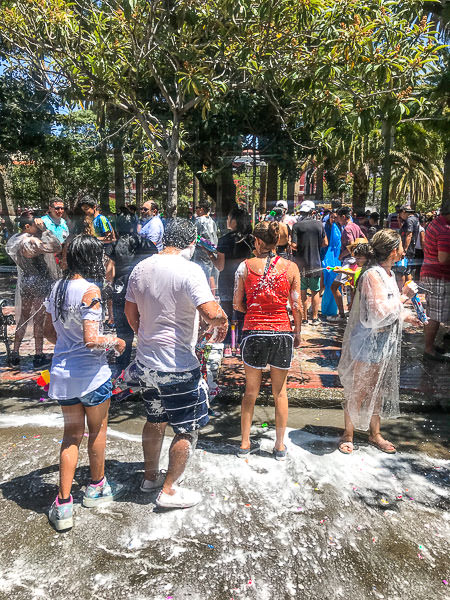
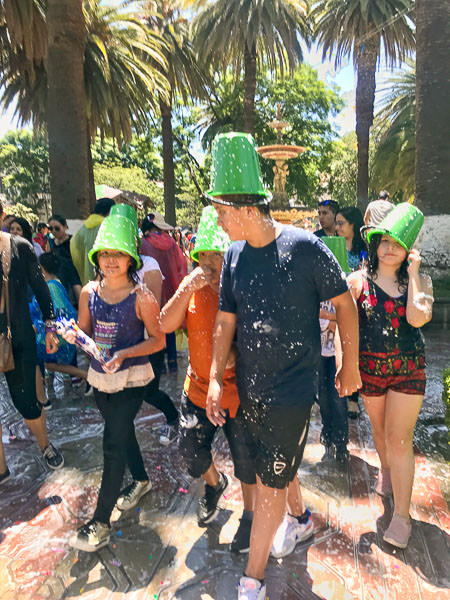
As you can see, the Carnaval Chapaco in Tarija is a fun way to spend the Carnival season if you’re visiting this southern part of Bolivia.
How do people celebrate Carnival where you are in the world? Looking forward to reading your comments!
***
✈️ Curious to know where I’ll be traveling next? ✈️
Stay tuned by following me on social media (Facebook, Instagram, X) and subscribe to my newsletter for regular updates!
In the meantime, safe travels around the world!
***
| GET READY FOR YOUR NEXT TRIP! |
|---|
| Browse my travel resources page to plan your upcoming trip. |
| Feeling adventurous? Book any outdoor activities worldwide with Manawa! |
| Get medical or health insurance via SafetyWing for extra peace of mind. |
| Looking for sports equipment? Feel free to browse my Decathlon profile for inspiration. |
| Use the comprehensive and helpful Anaya Touring or Lonely Planet travel guidebooks to plan your trip. |
| Book memorable activities and tours around the world with Get Your Guide. |
| Use your Revolut Card to pay in local currency when you’re traveling abroad! |

